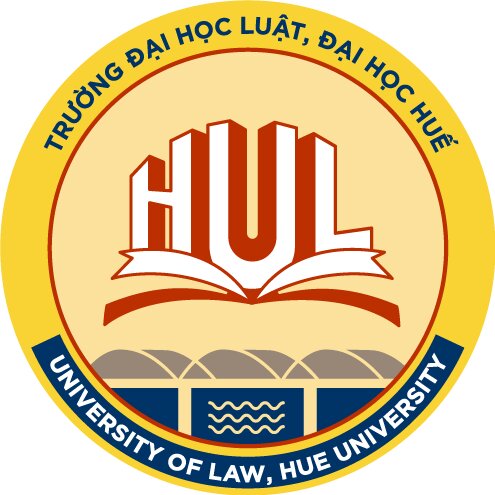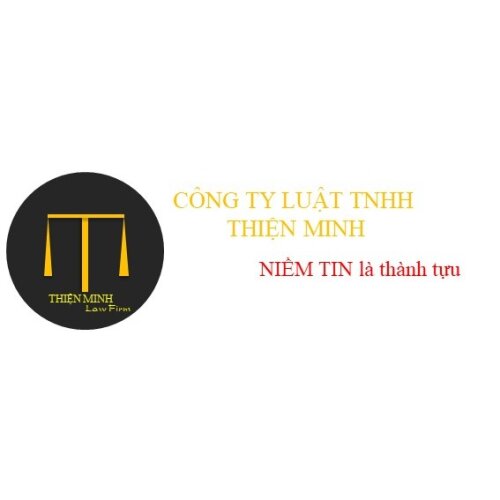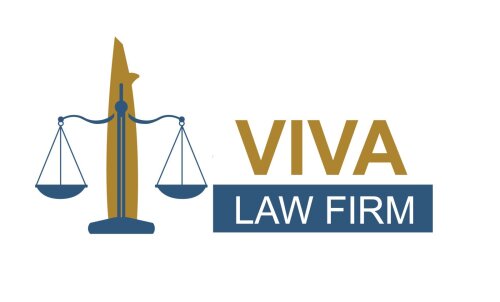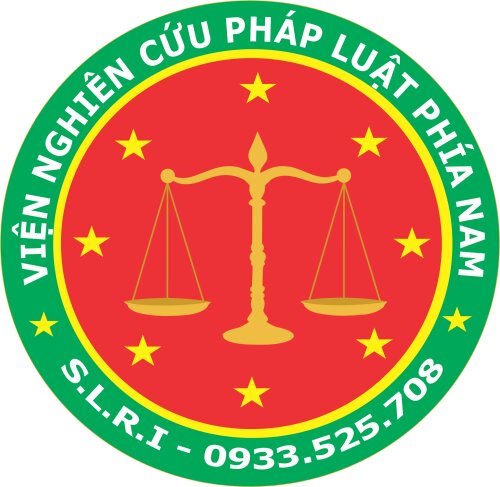![[DDC] DONG DU INTERNATIONAL ACCOUNTING, TAXES & LEGAL CONSULTING GROUP HCMC VIETNAM](https://lawzana.com/storage/firms/2690/17617306202399.jpg)
Best Hiring & Firing Lawyers in Vietnam
Share your needs with us, get contacted by law firms.
Free. Takes 2 min.
Or refine your search by selecting a city:
List of the best lawyers in Vietnam
![[DDC] DONG DU INTERNATIONAL ACCOUNTING, TAXES & LEGAL CONSULTING GROUP HCMC VIETNAM](https://lawzana.com/storage/firms/2690/17617306202399.jpg)
About Hiring & Firing Law in Vietnam
Hiring and firing in Vietnam are governed by the Labor Code, which lays out comprehensive regulations for both employers and employees. These laws aim to create a balanced framework that protects the rights of employees while allowing employers the flexibility they need to manage their workforce effectively. In Vietnam, employment contracts are mandatory, and they define the terms of employment, including the responsibilities of both parties, salary, and conditions for termination.
Why You May Need a Lawyer
Several scenarios might necessitate the assistance of a lawyer when dealing with hiring and firing issues in Vietnam. If you are an employer, you might need help drafting legally compliant employment contracts, navigating collective bargaining agreements, or managing complex termination processes. Employees might seek legal advice to understand their rights related to unfair dismissal, severance pay, or workplace discrimination. Both parties can benefit from legal guidance to ensure compliance with local laws and to resolve disputes effectively.
Local Laws Overview
The Vietnamese Labor Code contains key provisions that regulate employment relations. These include mandatory employment contracts, probationary periods, minimum wage requirements, overtime regulations, and conditions under which termination can occur. Probationary periods cannot exceed 60 days for most jobs, and employees are entitled to termination notice according to the type of contract. The Labor Code also covers employee entitlements such as annual leave and social insurance contributions. Additionally, employers must follow certain procedures for lawful dismissal, such as providing adequate notice or reasons for termination.
Frequently Asked Questions
1. What constitutes a lawful termination of employment in Vietnam?
Lawful termination occurs when an employer follows the grounds specified under the Labor Code, such as ending a contract upon its expiry or dismissing an employee for disciplinary reasons. Specific procedures and notice requirements must be adhered to.
2. Is it mandatory to have a written employment contract?
Yes, all employment relationships must be defined by a written contract detailing the rights and responsibilities of both parties as required by Vietnamese law.
3. How long is the probationary period in Vietnam?
The probationary period in Vietnam is typically 30 to 60 days, depending on the nature of the job. Both parties can terminate the probation period with prior notice.
4. What is the minimum wage in Vietnam?
The minimum wage varies by region and is set by the government. It is important for employers to stay updated with the latest wage regulations as they can change annually.
5. How does Vietnam handle wrongful termination?
If an employee believes they have been wrongfully terminated, they can file a complaint with their employer or the local labor authority. Legal counsel can provide guidance on pursuing compensation or reinstatement.
6. Are there restrictions on working hours or overtime in Vietnam?
Yes, the Labor Code dictates maximum working hours and overtime payment rates. Employees are generally limited to an eight-hour workday and a 48-hour workweek.
7. What benefits are employees entitled to receive?
Employees are entitled to several benefits including paid annual leave, maternity leave, and social insurance contributions, among others.
8. What obligations do employers have towards employee safety?
Employers are required to provide a safe working environment, comply with occupational safety regulations, and provide necessary training concerning health and safety.
9. Can an employer reduce an employee's salary in Vietnam?
Employers cannot unilaterally reduce an employee's salary; any reduction must be agreed upon by both parties and typically requires a contract amendment.
10. How are expatriates affected by Vietnamese labor laws?
Foreign workers in Vietnam are subject to most of the same labor laws as Vietnamese workers. However, they require a work permit and must comply with immigration policies specific to expatriates.
Additional Resources
For further information and assistance on hiring and firing laws in Vietnam, consider the following resources: - Ministry of Labour, Invalids and Social Affairs (MOLISA): Provides regulations and updates on labor policies. - Vietnam Chamber of Commerce and Industry (VCCI): Offers advice and support for businesses. - Local labor unions: Can provide support and representation for employees. - Legal aid clinics: Offer free or low-cost legal services and advice.
Next Steps
If you require legal assistance in matters of hiring and firing in Vietnam, start by gathering all relevant information and documentation related to your employment situation. Consider consulting with a lawyer who specializes in Vietnamese labor law to understand your rights and options. Additionally, it might be useful to contact relevant governmental or local authorities for guidance. Reach out to potential legal advisors for a consultation to discuss your case and the best way forward to resolve your specific circumstances.
Lawzana helps you find the best lawyers and law firms in Vietnam through a curated and pre-screened list of qualified legal professionals. Our platform offers rankings and detailed profiles of attorneys and law firms, allowing you to compare based on practice areas, including Hiring & Firing, experience, and client feedback.
Each profile includes a description of the firm's areas of practice, client reviews, team members and partners, year of establishment, spoken languages, office locations, contact information, social media presence, and any published articles or resources. Most firms on our platform speak English and are experienced in both local and international legal matters.
Get a quote from top-rated law firms in Vietnam — quickly, securely, and without unnecessary hassle.
Disclaimer:
The information provided on this page is for general informational purposes only and does not constitute legal advice. While we strive to ensure the accuracy and relevance of the content, legal information may change over time, and interpretations of the law can vary. You should always consult with a qualified legal professional for advice specific to your situation.
We disclaim all liability for actions taken or not taken based on the content of this page. If you believe any information is incorrect or outdated, please contact us, and we will review and update it where appropriate.
Browse hiring & firing law firms by city in Vietnam
Refine your search by selecting a city.
















